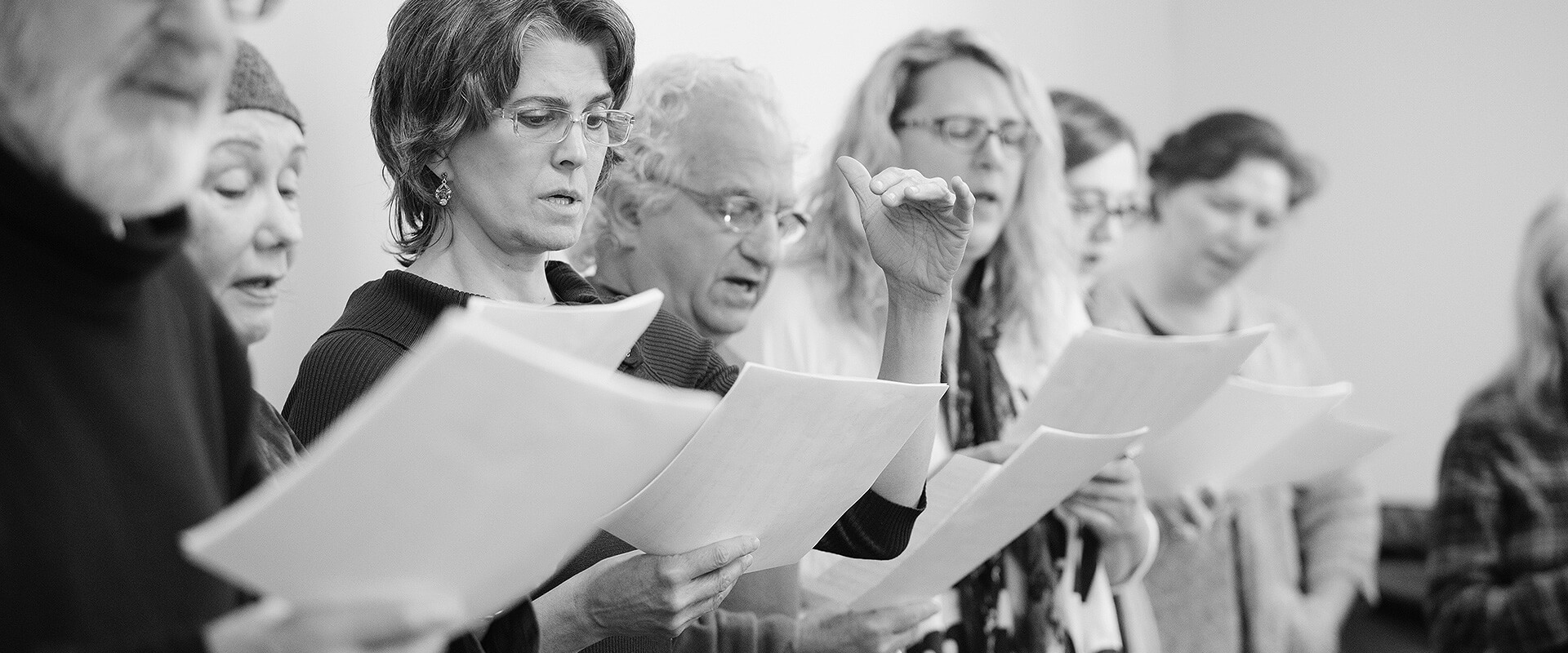Phonation
Phonation is simply the vibration of your vocal cords. This vibration is quite small and delicate and needs to be studied and exercised properly to improve your tone quality. To bring your cords together precisely on a consistent basis, as needed for a pure tone, takes practice. Doing so consistantly, increases your sensitivity to your cords which is important in order to keep your voice healthy, fresh and in top shape. It also improves your breath efficiency (see Vocal Chords).
The vocal cords vibrate from bottom to top in a wave-like motion when phonating. It is a mucosal wave of the epithelial layer (see Epithelium) and sometimes clear secretions can be seen dancing on the surface of well lubriacted, healthy, vocal chords. The cords are short and thick (deep from top to bottom) for low notes and stretched long and thin (narrow from top to bottom) for high notes. Because the cords are thinner for high notes, the wave from top to bottom is narrower and faster, hence the tighter feeling for a high note and the relaxed feeling for a low note. In addition, for high notes the pharynx itself narrows.
Many singers lean too heavily on their phonation in order to project their voice. This is based on a misunderstanding about how your voice functions. Projection is the job of your resonating chambers (empty spaces in your body that accommodate the vibration). How to tap into resonance is not the job of the vocal cords. This misunderstanding causes “pushing” and/or “straining.” Both will lead to vocal fatigue and if the situation becomes chronic may also cause vocal nodules (calluses on the vocal cords). Nodules are usually treated by extensive vocal rest and/or surgery – a situation most singers would prefer to avoid.
nother common problem advocated by many teachers is to ‘open the throat’ while singing. This idea originally came from the Italian school, regarded by many as the apex of classical singing. What this ‘glotta aperta’ actually meant so long ago is quite different than how it’s applied today. When your vocal cords vibrate they need to come together in order to touch each other therefore a closed throat is what is actually needed in order to phonate properly. When singers try to open their throat, they add a lot of unnecessary tension including too much tension in the tongue and soft palate and an overly low larynx position (see The Larynx) which negatively affects the phonation. We don’t attempt to ‘open our throats’ when talking so why would this be a good idea while singing? It simply isn’t. Try it for yourself; it sounds silly. The real ‘glotta aperta’ refers to something else entirely. It’s another widely misunderstood concept which is made easier to understand here, as resonance alignment (see Alignment).
For more information or to book a private lesson, please go to the contact page.
 Montreal Voice Coach
Montreal Voice Coach